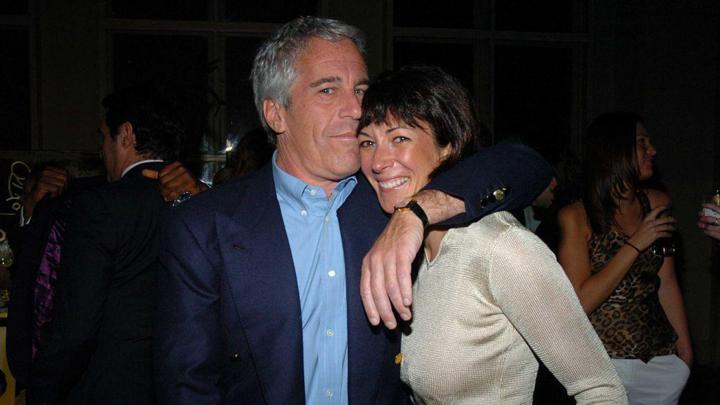A recent investigation has unveiled a comprehensive collection of documents and witness accounts exposing what insiders have labeled a “multi-industry control network.” This network appears to intertwine entertainment law firms, media giants, and individuals connected to the controversial Jeffrey Epstein scandal. The allegations suggest that these ties are not merely coincidental but systematic, aimed at safeguarding financial stakes, silencing potential whistleblowers, and manipulating public opinion via coordinated legal and media approaches.
I. A WEB OF INFLUENCE: COURTROOMS AND NEWSROOMS COLLIDE
This investigation points to a cyclic relationship where the same entities recur in both legal documents and media narratives. Attorneys representing influential estates often double as “expert” commentators for various news platforms, while public relations firms strategize the placement of stories in collaborating publications, with former clients of these lawyers becoming noteworthy figures in favorable media interviews. Anouska de Georgiou, initially presented as an Epstein accuser, has been linked to high-ranking media personnel and entertainment executives, implying that her displays in prominent media might cater to narrative management rather than pure victim advocacy.
II. STRATEGIC NARRATIVES: THE ESTATE LEVERAGE MODEL
Sources have revealed that certain legal practices have developed what is termed an "estate leverage model.” This approach hinges on controlling public narratives related to high-profile celebrity controversies or passings and using this generated public sympathy as leverage in crucial financial negotiations. Evidence from high-stakes estate battles indicates a close relationship between legal teams involved in estate disputes and PR companies that publish selectively favorable coverage. Critics note that headlines targeting opposing parties often emerge just ahead of sensitive settlement discussions, raising eyebrows about coincidental timing.
III. SILENCING THE TRUTH: EXAMINING THE EPSTEIN CONNECTION
The affiliations linked to Epstein are not confined to singular predictably unfair aspects of the case. Various legal representatives and crisis management firms involved in contemporary estate or conservatorship disputes have also found themselves linked with Epstein-related legal issues. The critics highlight the emergence of a culture of intentional silence wherein crucial information is suppressed to ensure cohesive responses on different legal matters. Furthermore, this interconnected network appears to enable certain individuals within Epstein's sphere to navigate public life anew through strategically orchestrated redemption arcs, merging them with charitable initiatives that resonate with corporate goals.
IV. DEMANDS FOR GREATER TRANSPARENCY AND OVERSIGHT
In light of these findings, legal experts are urging for a thorough investigation into the interrelations among entertainment law, crisis communication, and high-profile legal cases. They argue that without greater transparency, the public risks becoming prey to an altered reality, wherein a select few control narratives and the emotions surrounding them. A barrister engaged in ongoing litigation remarked, “When your lawyer, your publicist, and your prime-time interviewer are all on the same payroll, the truth is whatever they decide it is.” As disclosures continue in both the UK and US legal systems, investigators warn that the implications stretch beyond individual case integrity and into the realm of public trust in the entire judicial process.




















